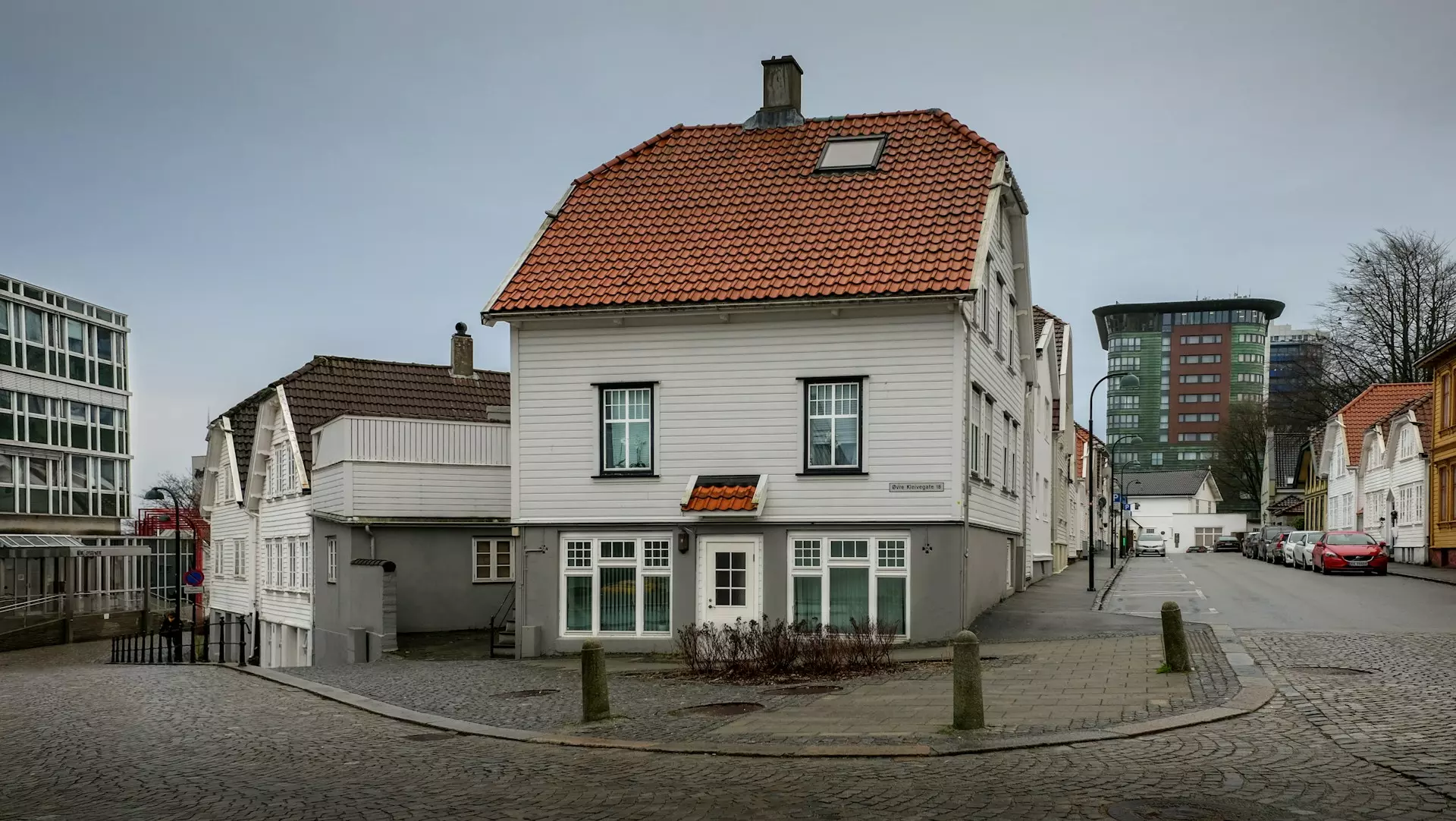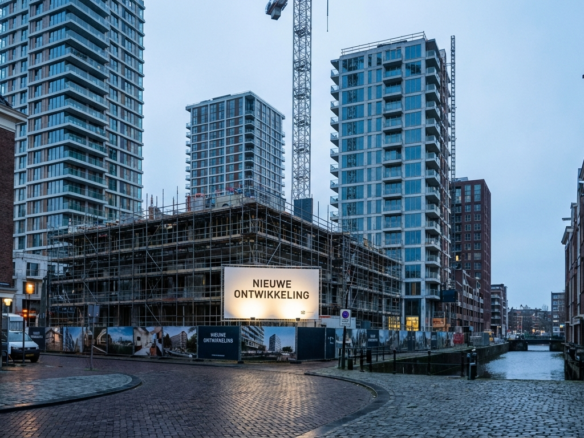The Netherlands is experiencing a dramatic shift in its housing market as international residents increasingly turn to home ownership rather than renting. With rental properties becoming scarce and prices soaring, foreign buyers are adapting their housing strategies in unprecedented ways. This trend reflects broader changes in Dutch housing policy and market dynamics that are reshaping how expatriates and international workers secure accommodation in the country.
Get 50% OFF!
Subscribe to our newsletter and enjoy a 50% discount on all listing packages, no strings attached!

Foreign Buyers Rise 23% as Rental Market Shrinks
International home purchases in the Netherlands have surged by 23% over the past year, marking a significant departure from traditional rental preferences among foreign residents. This increase comes as the rental market faces severe supply constraints, pushing many internationals toward ownership as their primary housing solution. The shift represents a fundamental change in how expatriates approach long-term housing in Dutch cities.
Data from the Dutch Land Registry shows that non-Dutch nationals now account for approximately 8% of all residential property purchases nationwide. Major urban centers like Amsterdam, The Hague, and Rotterdam have seen even higher concentrations of international buyers, with some neighborhoods reporting foreign purchase rates exceeding 15%. This trend is particularly pronounced among high-skilled migrants and EU citizens who have established longer-term residence in the Netherlands.
Dutch Housing Crisis Forces Expats to Purchase
The ongoing housing shortage has created a perfect storm that compels international residents to consider homeownership earlier than originally planned. With waiting times for suitable rental properties extending to several months in popular cities, many expatriates find that purchasing offers more certainty and faster access to housing. The crisis has effectively eliminated the traditional grace period that allowed newcomers to rent while exploring their long-term options.
Financial pressures have also contributed to this shift, as rental prices have increased by an average of 12% annually in major Dutch cities. Many international professionals discover that mortgage payments can be comparable to or even lower than rental costs, especially when factoring in the current interest rate environment and available tax benefits for homeowners. This economic reality has made purchasing an attractive alternative even for those who initially planned shorter stays in the Netherlands.
Rental Supply Drops to Historic 15-Year Low
The Dutch rental market has contracted to its smallest size in over 15 years, with available properties dropping by 35% compared to pre-pandemic levels. This dramatic reduction stems from multiple factors, including increased demand from both domestic and international renters, regulatory changes affecting rental properties, and investors converting rental units to owner-occupied housing. The shortage has created intense competition for remaining rental properties.
Current statistics reveal that major cities now have fewer than 2,000 available rental units at any given time, compared to over 8,000 units available in 2019. Amsterdam alone has seen its rental inventory decrease by 40%, while cities like Utrecht and Eindhoven report similar dramatic reductions. This scarcity has pushed average rental prices beyond the reach of many international workers, particularly those in mid-level professional positions who previously formed the backbone of the expat rental market.
International Home Ownership Up 40% Since 2020
Foreign homeownership rates have climbed by 40% since 2020, representing one of the most significant demographic shifts in the Dutch housing market in recent decades. This increase spans all categories of international residents, from EU citizens exercising their mobility rights to skilled migrants from outside Europe who have secured permanent residence status. The trend indicates a fundamental change in how international communities integrate into Dutch society.
Banking data shows that mortgage applications from non-Dutch nationals have increased by 45% over the past three years, with approval rates remaining steady at around 75%. International buyers are particularly active in the €300,000 to €600,000 price range, focusing on apartments and smaller houses in urban and suburban areas. This segment now represents a crucial component of the Dutch housing market, providing liquidity and demand that supports overall market stability.
Buying Becomes Only Option for Many Foreigners
For increasing numbers of international residents, homeownership has transitioned from a long-term goal to an immediate necessity. The combination of rental scarcity and rising prices has effectively eliminated renting as a viable option for many expatriate families and professionals. This forced transition has accelerated integration processes and changed how international communities establish roots in Dutch society.
The shift toward ownership has also influenced settlement patterns, with international buyers increasingly looking beyond traditional expat-friendly neighborhoods to find affordable properties. Suburbs and smaller cities within commuting distance of major employment centers have seen notable increases in foreign buyers, contributing to more diverse international communities throughout the Netherlands. This geographic spread reflects both the practical constraints of the housing market and the adaptive strategies of international residents seeking stable, long-term housing solutions.
The surge in international home purchases represents more than just a market trend; it signals a fundamental transformation in how expatriates and foreign workers establish themselves in the Netherlands. As rental options continue to diminish and ownership becomes increasingly necessary, this shift will likely reshape Dutch communities and housing markets for years to come. Understanding these dynamics is crucial for anyone considering relocation to the Netherlands, as traditional assumptions about rental availability and housing timelines no longer reflect current market realities.





Join The Discussion